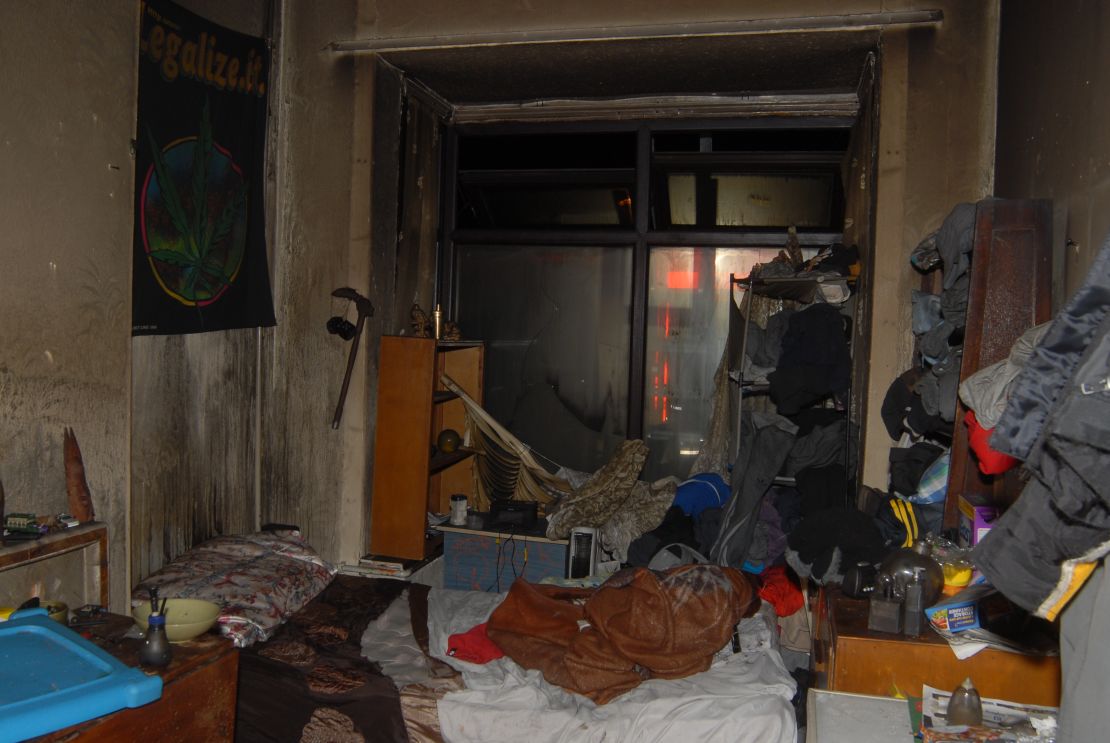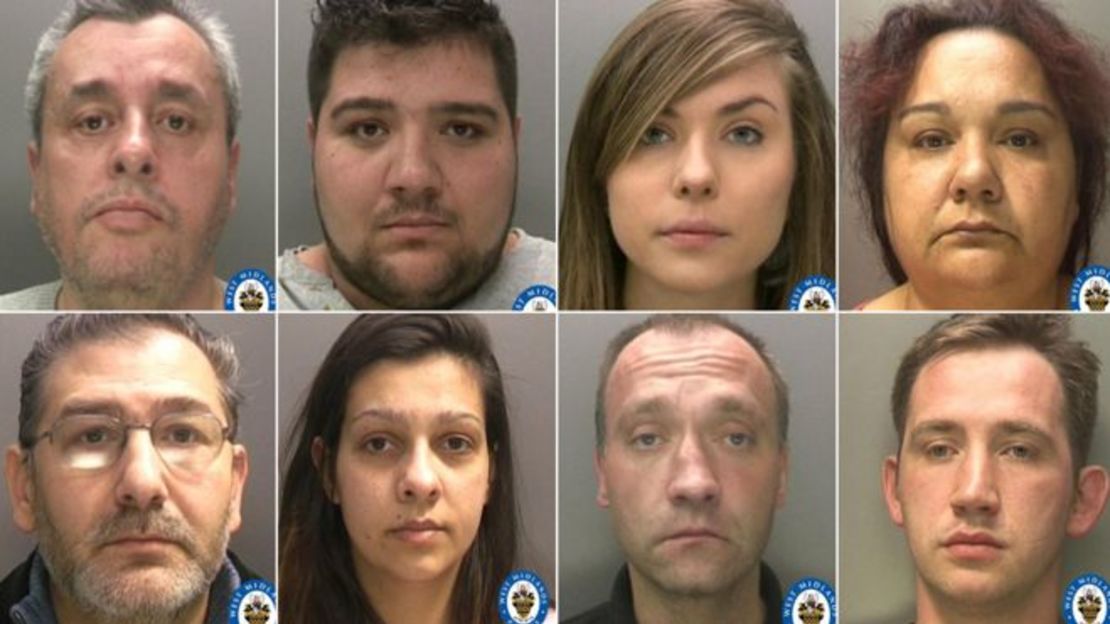When Peter knows there are cameras about he likes to wear a flat cap, to hide his identity.
His job is disrupting crime gangs in Birmingham, England, and he knows bad people want to hurt him.
“On three occasions, myself and my colleagues, we received information they are looking for me,” says Peter – not his real name. “We also received intelligence that they’re willing to do something to harm me. They want me to spend the rest of my life in a wheel chair.”
Peter works for anti-slavery charity Hope for Justice. It’s more than an awareness or campaign group. Peter and his colleagues, including former police officers, actively investigate the people responsible for modern slavery and work to free their victims.
CNN Freedom Project: More on modern slavery
“I have been involved in 286 rescues. And the number one priority is to establish trust,” he says.
He’s very good at it. Peter’s methods — follow leads, approach suspected slaves, build relationships, give them options — played a key role in bringing down the most ambitious slavery operation to be discovered in the UK.
Threats and violence
This year, eight people were convicted and sentenced to more than 55 years for what a judge described as “the largest conspiracy of its type ever known.”
The traffickers recruited vulnerable people in Poland, including addicts and former prisoners, by promising good work and a new start in the UK.
Read: The Paris park where Nigerian women are forced into prostitution
The reality when they arrived was very different. Victims were housed in appalling, slum-like conditions. They were given little food and almost no pay. And they were made to work in menial jobs while gang members stole their wages through bank accounts they controlled.
Threats and violence ensured victims stayed quiet and worked hard.

‘Beaten up while they slept’
Police believe it was a hugely successful enterprise, making millions of pounds through trafficking and enslaving hundreds of people.
It all unraveled after Peter rescued a man and a woman who then agreed to talk to police. Hope for Justice says it freed a further 49 victims who also cooperated with the investigation.
Peter says the gang was always trying to thwart them. They shuffled victims around properties, and at each location they made sure there was someone to watch the slaves.
“In every house the traffickers would put someone we call the alpha male or female,” he says. “This person would inform the traffickers about anything suspicious. It could be phone calls. It could be coming home late.”
The alphas were also often enforcers. “Sometimes people were beaten up while they were asleep,” says Peter. “Anything from fists, baseball bats, iron bars.”

‘Underground crime’
The UK’s National Crime Agency estimates it’s likely there are tens of thousands of slavery victims across the country.
The charity Salvation Army provides outreach and accommodation for trafficking survivors, and supported some of the victims in this case. Emilie Martin, of the group’s anti-trafficking and modern slavery unit, tells CNN that this case reflects some of the broader trends she has seen in the UK.
“Some of the examples that came out in the court hearing are very typical of this type of modern slavery,” she says. “Things such as the conditions that the individuals were living in, the kind of hours that they work. It’s very common that slave masters and traffickers will open up a bank account in their victims’ names.
“It is just one of those crimes that is very much underground, and where there is a way for someone to be exploited, traffickers will abuse that.”
Peter hopes people take one thing away from their success against the Polish gang — that they’ve only scratched the surface.
“So often when we explain the tragic fact that slavery still exists today here in the UK, in our towns, in our cities, people seem to be surprised,” he says.
Peter says he’ll continue working, defying threats, helping to free scared, vulnerable people, one at a time.
“So many victims have lost hope,” he adds. “They accept the life of a slave as their destiny.”






